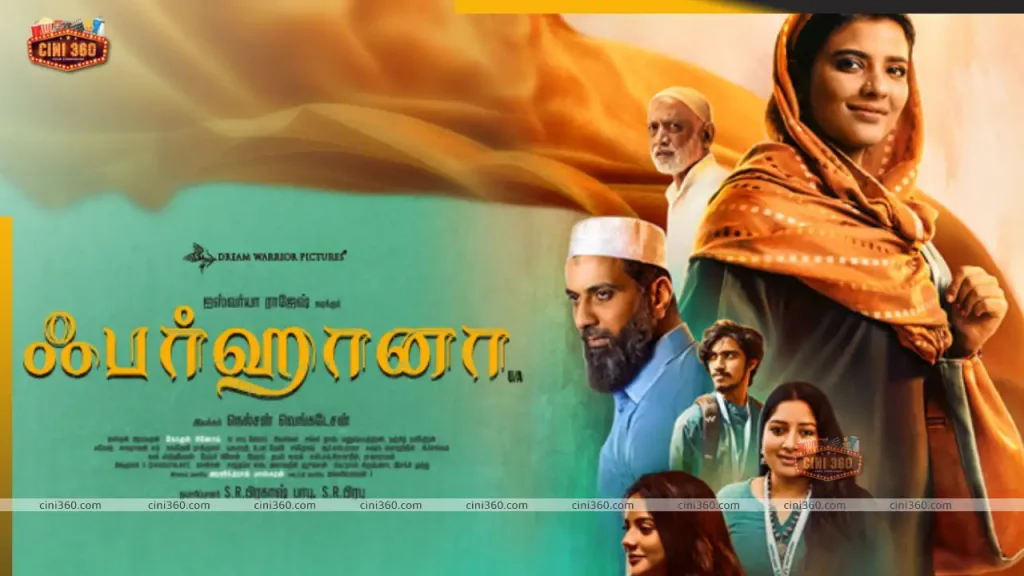‘Farhana’: A Simple Yet Powerful Film with Stellar Performances
Director Nelson Venkatesan’s ‘Farhana’ may have a simple and straightforward storyline, but its treatment and performances from the carefully selected cast elevate the film to a higher pedestal. The movie revolves around Farhana (played by Aishwarya Rajesh), a Muslim woman from a conservative family who finds herself working in a call center to support her financially struggling household. However, she soon discovers that the team she joins caters to sex-starved men seeking companionship through phone conversations. Initially appalled, Farhana eventually comes to terms with her job due to its positive impact on her family and the strong bond she develops with one of the callers. However, when she attempts to meet her caller outside of work, chaos ensues.
While the overarching plot of ‘Farhana’ is simple, it is the film’s treatment and performances that make it truly remarkable. The director skillfully incorporates poetic choices and recurring scenarios that parallel Farhana’s growth and transformation without spoon-feeding the audience. From Farhana’s longing gaze at working women carrying large handbags, which she eventually obtains for herself, to her journey from being denied phone access at home to buying one herself, the film cleverly weaves together these narrative threads. These poignant touches culminate in Farhana’s virtual acquaintance with Dhayalan (played by Selvaraghavan), emphasizing the importance of having someone who will listen and share in our joys and vulnerabilities. While these sequences may occasionally become indulgent, they serve to transition the drama into a thrilling climax.
The film’s only drawback is its stretched storyline, particularly after the introduction of Dhayalan. Nevertheless, ‘Farhana’ compensates for this with its authenticity and commitment to depicting the world it creates. Despite highlighting the struggles of a woman from an orthodox family, the film deliberately avoids questioning the religious aspects that impose expectations on women. Instead, Farhana embraces her faith throughout the film, adhering to its principles such as Shahada, Salah, Zakat, and Sawm. Her religious identity is proudly displayed, much like the purdah she adorns.
Aishwarya Rajesh delivers a standout performance as Farhana, showcasing resilience through her actions rather than words. Jithan Ramesh pleasantly surprises as Karim, Farhana’s progressive and caring husband with his own insecurities. Kitty shines as Farhana’s father, Ajeez Bhai, portraying a patriarchal figure who values both his faith and family. Selvaraghavan impresses as an extension of the characters he has directed in his earlier films.
Behind the camera, Justin Prabhakaran’s background score and the dialogues by Nelson, Shankar Dass, and Manushyaputhiran add depth to the film. Memorable lines, such as Nithya’s observation about an average Indian man’s sex life being mostly in his head or Karim’s explanation of the difference between touching someone’s legs inside and outside his footwear store, contribute to the film’s richness.
‘Farhana’ may not be a flawless film, but its heart is in the right place. It eschews preachiness and loud messaging, instead opting for a breezy whisper to convey its powerful message. Like its namesake, the film takes audiences on a joyous ride, leaving a lasting impact.




